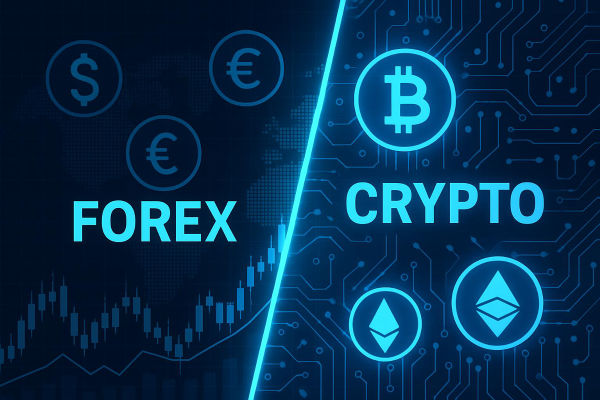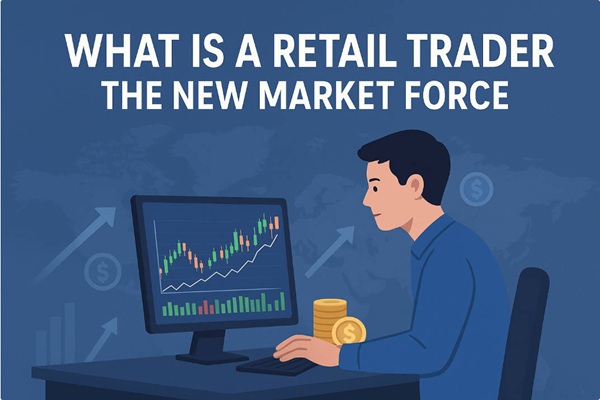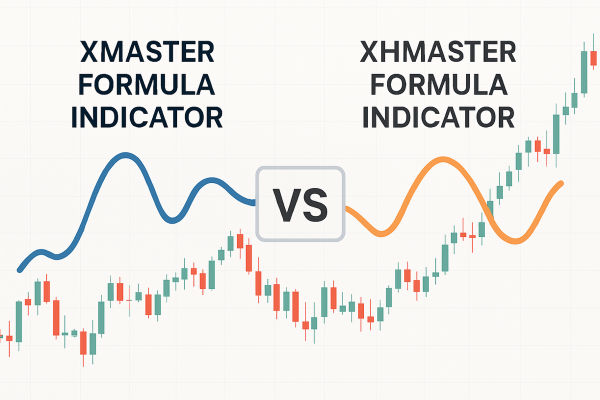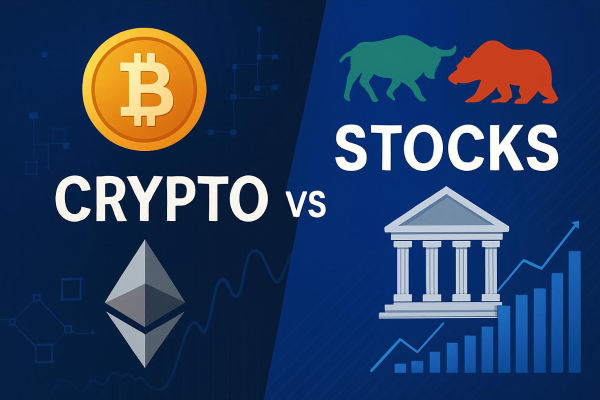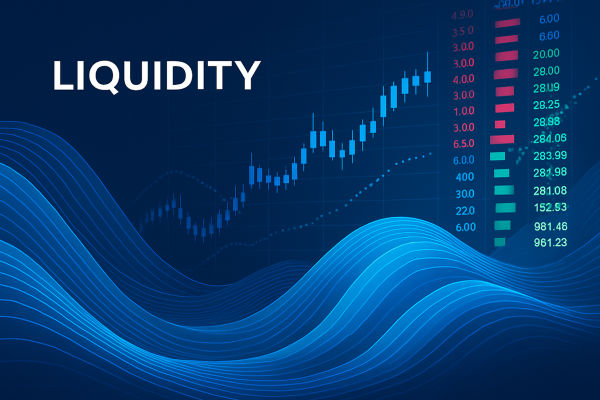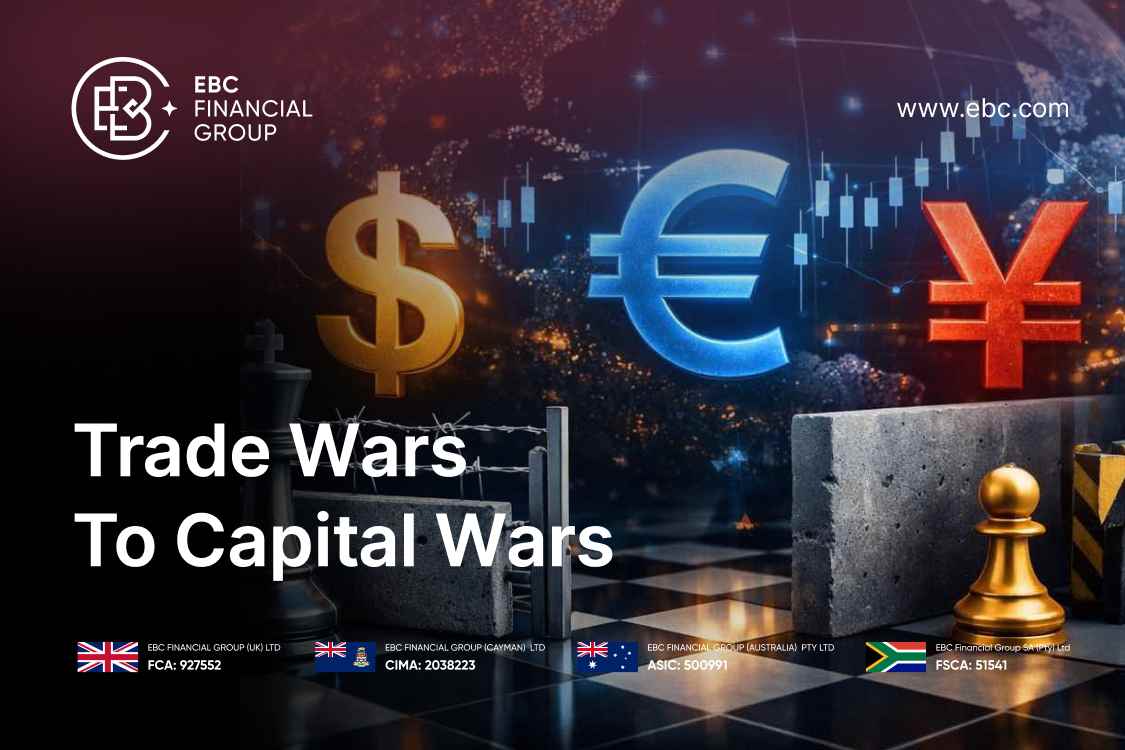When it comes to online trading, Forex (foreign exchange) and cryptocurrency trading continue to dominate conversations among beginners in 2025. Both markets attract millions of traders worldwide due to their potential for profits, accessibility, and the rapid rise of trading technology. But which market is better for beginners today?
The short answer is: Forex may be more beginner-friendly due to its stability, high liquidity, and well-regulated nature, while crypto offers higher profit potential but comes with extreme volatility and higher risks.
This article will break down how Forex and crypto trading work, their pros and cons, risks, and strategies, so you can decide which is best for your trading journey.
What Is Forex Trading?

Forex, short for the foreign exchange market, is the world's largest financial market, where traders buy and sell currency pairs such as EUR/USD, GBP/USD, or USD/JPY. Forex operates 24 hours a day, 5 days a week, across major hubs such as London, New York, Tokyo, and Sydney.
According to the Bank for International Settlements (BIS) 2022 Triennial Survey, Forex records $7.5 trillion in daily turnover, making it the most liquid market in the world.
In 2025, the market continues dominating institutional and retail trading, supported by digital platforms like MT4/MT5 and mobile trading apps.
Key Features of Forex:
Traded in currency pairs.
High liquidity ensures fast execution.
Regulated brokers provide secure platforms.
Suitable for both short-term (day trading) and long-term (swing trading) strategies.
What Is Cryptocurrency Trading?
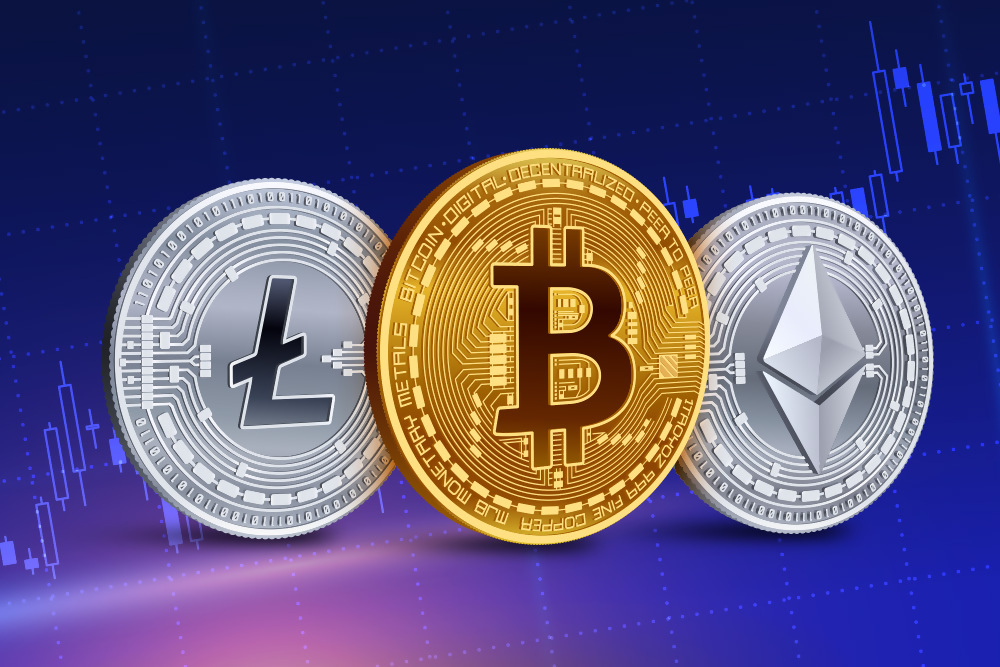
Cryptocurrency trading involves buying and selling digital currencies such as Bitcoin (BTC), Ethereum (ETH), or Ripple (XRP). Unlike Forex, crypto trading is decentralised and takes place 24/7 on global crypto exchanges.
Crypto has exploded in popularity since Bitcoin's creation in 2009, attracting retail traders, institutional investors, and even governments. Nonetheless, investors recognise it for its extreme volatility, as prices may vary by 10–20% each day, potentially leading to substantial profits or significant losses.
Key Features of Crypto:
Traded on blockchain-based platforms.
Operates 24/7 with no closing time.
High volatility compared to Forex.
Includes not only coins but also derivatives like futures, options, and CFDs.
Forex vs Crypto: 6 Things to Take Into Consideration
| Aspect |
Forex |
Crypto |
| Liquidity |
Extremely high, $7.5T daily |
Moderate, $2–3T market cap |
| Volatility |
Low–Moderate |
Very High |
| Regulation |
Well-regulated worldwide |
Limited regulation in many countries |
| Trading Hours |
24/5 |
24/7 |
| Fees |
Lower, transparent |
Higher, variable |
| Accessibility |
Easy with brokers |
Requires exchange accounts |
| Risk Level |
Lower |
Higher |
| Profit Potential |
Moderate |
Very High |
1) Liquidity and Market Size
A massive distinction between Forex and cryptocurrency is liquidity.
Forex: With trillions traded daily, Forex is the most liquid market in the world. It means you can enter or exit trades almost instantly without major slippage.
Crypto: Although the cryptocurrency market has expanded to a valuation of $2–3 trillion, it remains minor when contrasted with Forex. Some altcoins have low liquidity, making them more prone to sudden spikes and crashes.
For beginners, Forex offers more stability due to its deep liquidity.
2) Volatility and Risk
Forex: Currency pairs like EUR/USD may move 0.5–1% per day on average. Volatility is lower, making risk more manageable.
Crypto: Bitcoin and other altcoins often move 5–20% in a single day. While this creates opportunities for large profits, it also increases the risk of heavy losses.
Beginners might view Forex as safer due to its lower volatility, whereas bold traders may opt for crypto.
3) Regulation and Safety
Forex: Highly regulated in most regions. Authorities like the FCA (UK), ASIC (Australia), and CySEC (Cyprus) oversee brokers like EBC Financial Group to ensure trader safety.
Crypto: Still relatively unregulated in many countries. While some regions (like the EU and UAE) have clear frameworks, others do not, making scams more common.
For safety and transparency, Forex is generally better for beginners.
4) Accessibility and Trading Hours
Forex: Open 24/5 (Monday–Friday). Closed on weekends.
Crypto: Runs 24/7, including weekends and holidays.
Beginners who want flexibility might enjoy crypto's 24/7 schedule, but the constant availability can lead to overtrading.
5) Costs and Fees
Forex: Costs include spreads, commissions, and overnight swap fees (unless you use swap-free accounts). Costs are usually transparent and competitive.
Crypto: Costs include exchange fees, spreads, and network (blockchain) fees. Some exchanges charge high withdrawal fees.
Forex often has lower and more predictable fees, which benefits beginners.
6) Technology and Platforms
Forex: Well-known trading platforms feature MetaTrader 4 (MT4) and MetaTrader 5 (MT5), with charts, indicators, and automated functionalities.
Crypto: Traded on exchanges or through CFD brokers. Platforms include features for spot, margin, and futures trading.
Beginners frequently perceive Forex platforms as more reliable and easier to navigate than certain crypto exchanges.
Forex vs Crypto: Which Is Better for Beginners in 2025?
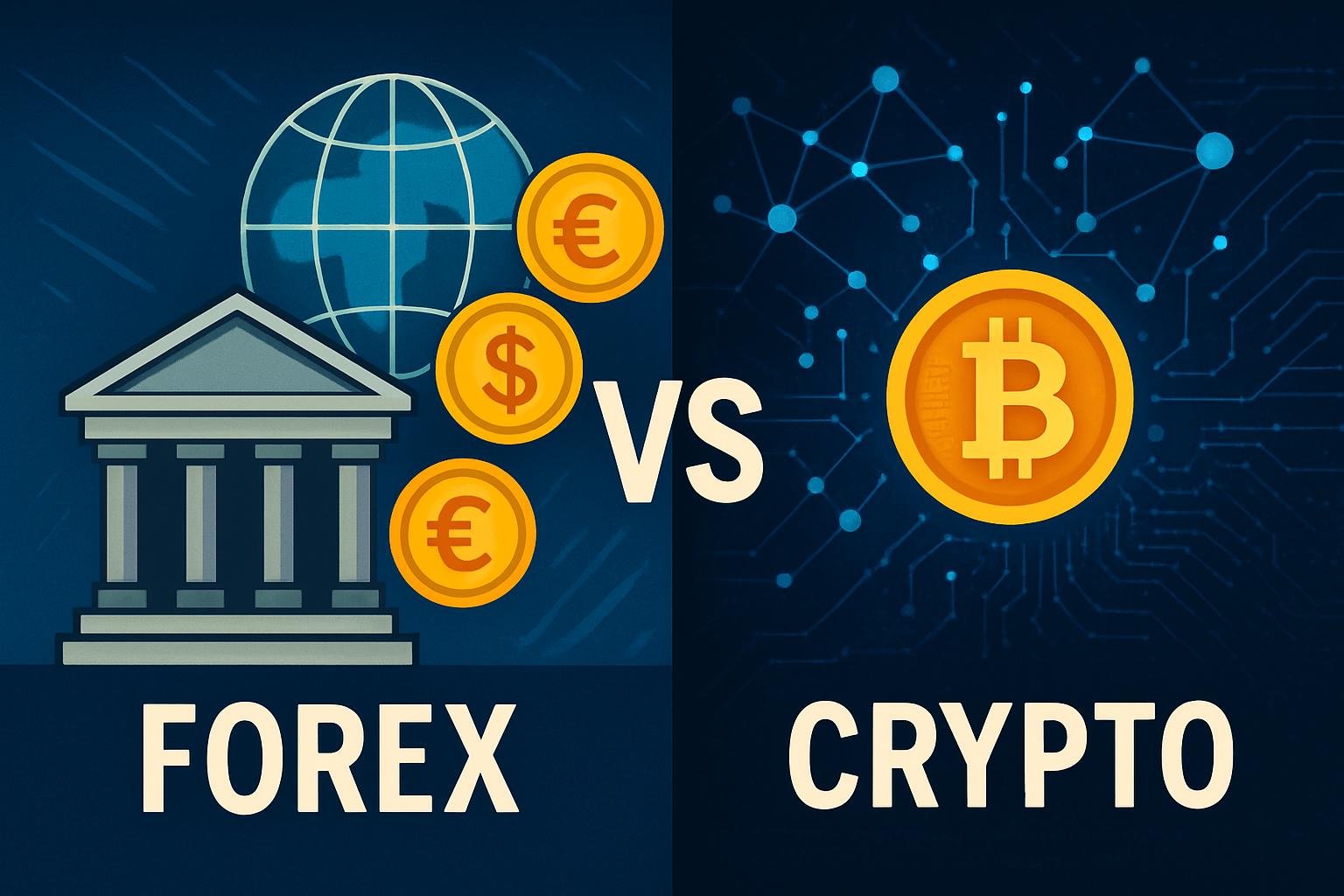
Forex is better for beginners because it is stable, highly liquid, and regulated. It helps new traders learn about risk management, technical analysis, and trading psychology without the extreme risks of crypto.
Crypto suits high-risk individuals seeking exposure to innovative assets and who are comfortable with fluctuations.
Many traders begin with Forex to build a foundation and later transition into crypto as they gain confidence and enhance their risk management skills.
How EBC Helps Beginners Trade Forex and Crypto

As a global regulated broker, EBC Financial Group provides traders access to both Forex and CFDs on cryptocurrencies with:
A user-friendly trading platform (MT4/MT5).
Educational resources for beginners.
Risk management tools such as stop-loss and position size calculators.
Swap-free accounts for Muslim traders.
For those just starting, EBC offers a safer and more transparent way to explore both markets.
Frequently Asked Questions
Q1: Is Forex or Crypto Safer for Beginners?
Forex is generally safer for beginners because it is less volatile, highly liquid, and well-regulated compared to the crypto market.
Q2: Can I Trade Both Forex and Crypto at the Same Time?
Yes, brokers like EBC Financial Group allow traders to access both Forex pairs and crypto CFDs, giving you flexibility to diversify.
Q3: Do I Need a Lot of Money to Start Trading Forex or Crypto?
No, both markets allow you to start with a small account. With Forex, micro-lots make it easy to start small, while crypto exchanges let you buy fractions of coins like Bitcoin.
Q4: Which Market Is Better for Long-Term Investing?
Forex is more suitable for active trading and short-term strategies, while crypto can be considered for long-term investing, especially in strong assets like Bitcoin or Ethereum.
Conclusion
In conclusion, the debate of Forex vs Crypto comes down to risk appetite, trading goals, and experience. If you're a beginner looking for a stable, regulated, and less risky entry, Forex is the clear winner.
Conversely, if you're a daring novice ready to handle significant volatility, cryptocurrency might present more chances. Ultimately, the best choice may not be one or the other but a diversified approach.
Disclaimer: This material is for general information purposes only and is not intended as (and should not be considered to be) financial, investment or other advice on which reliance should be placed. No opinion given in the material constitutes a recommendation by EBC or the author that any particular investment, security, transaction or investment strategy is suitable for any specific person.
